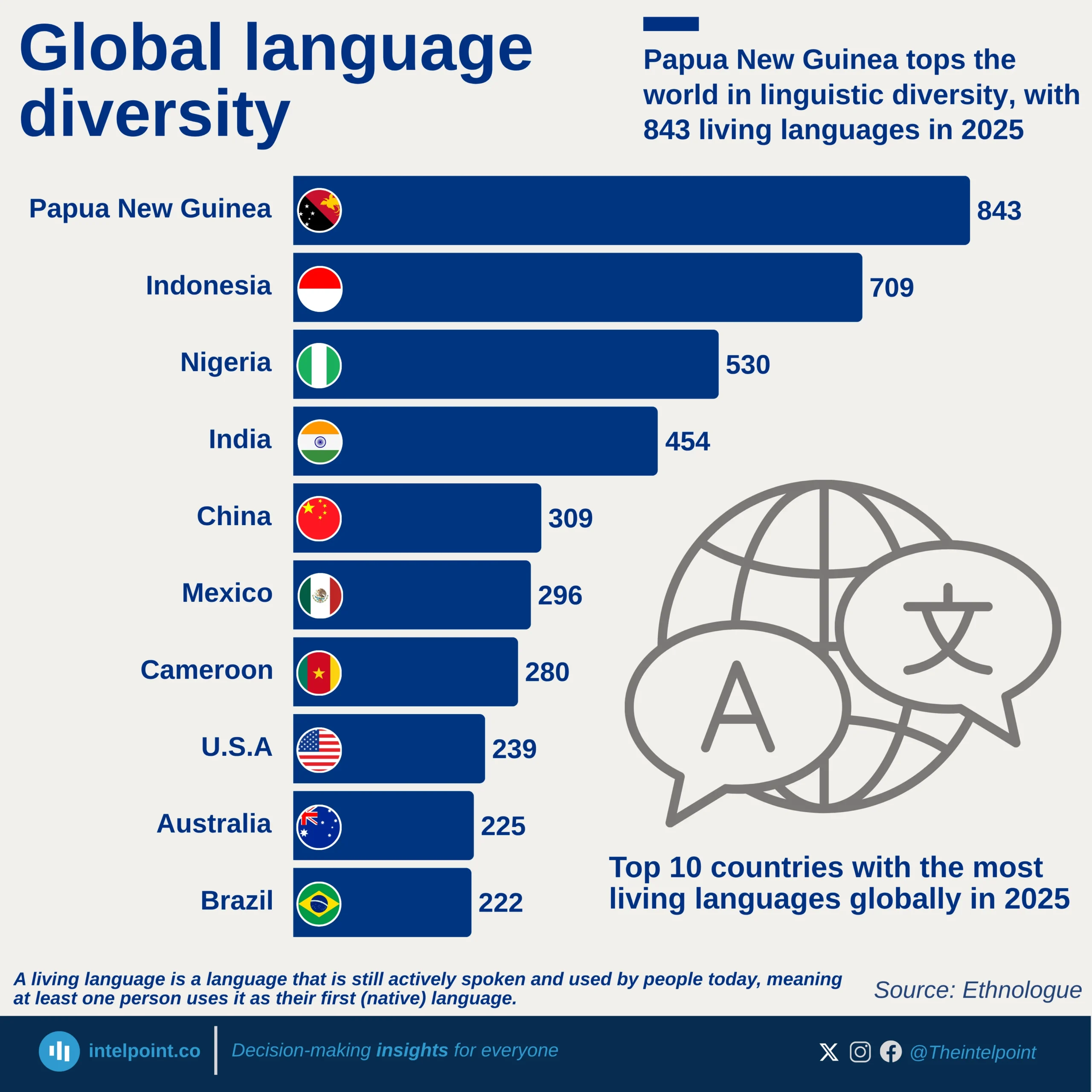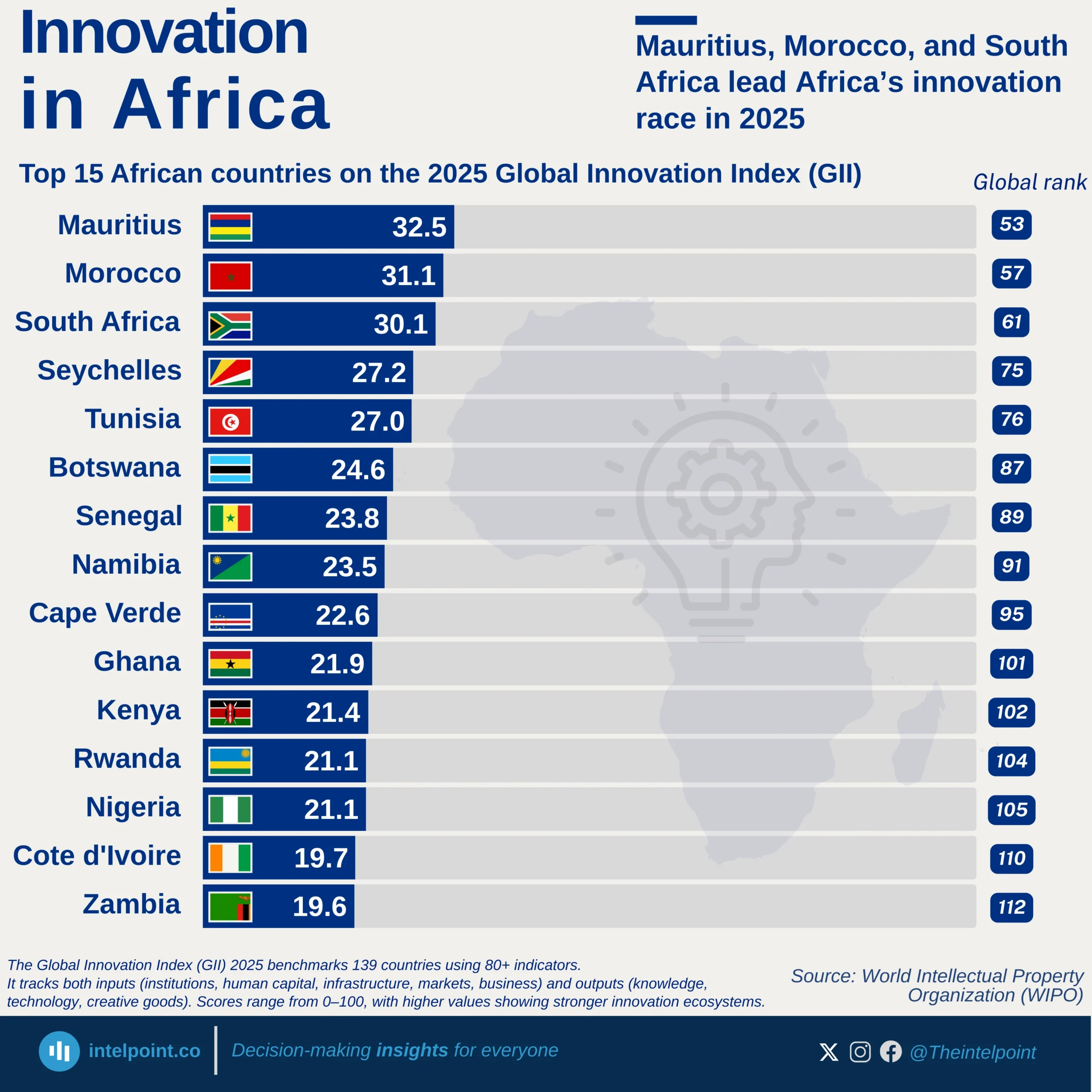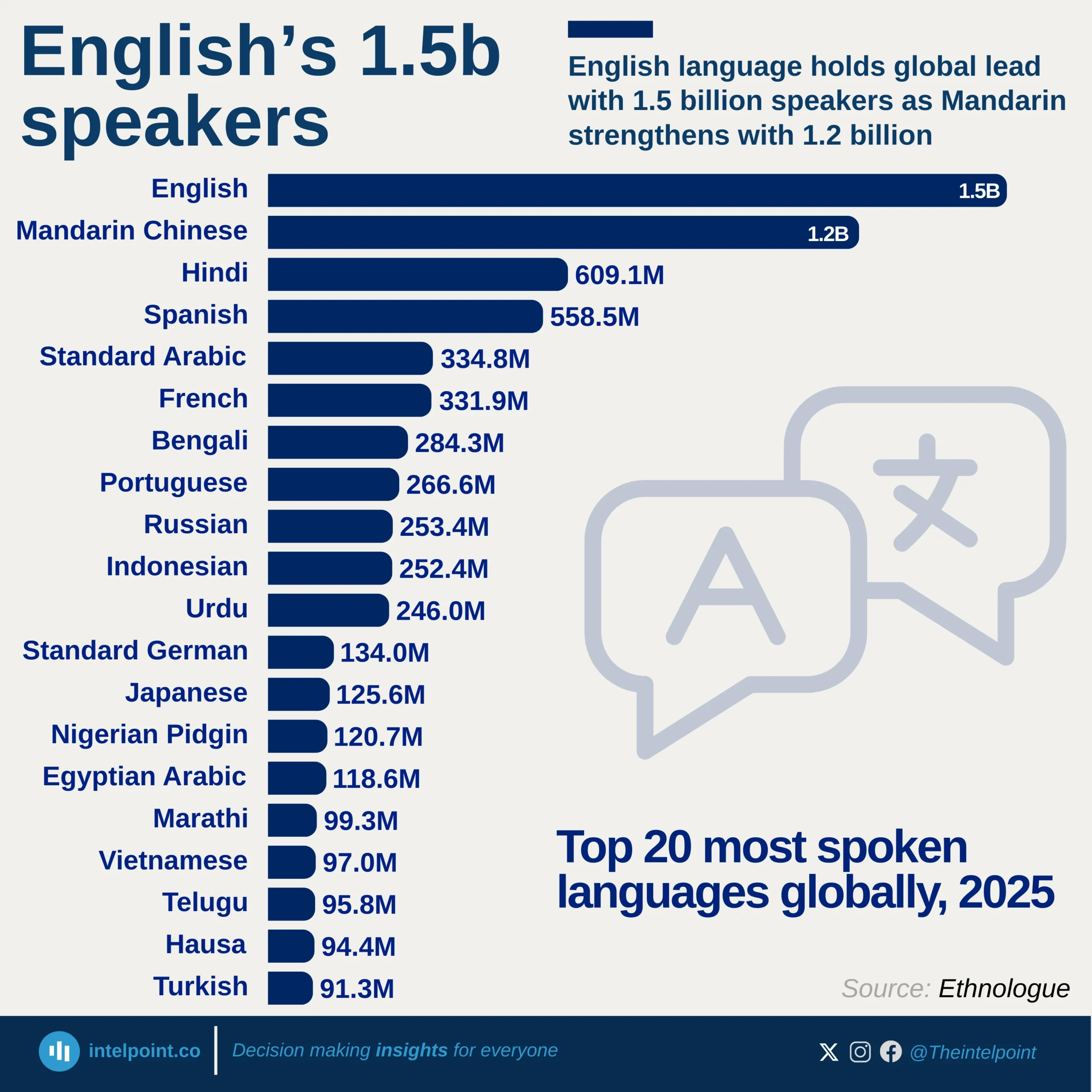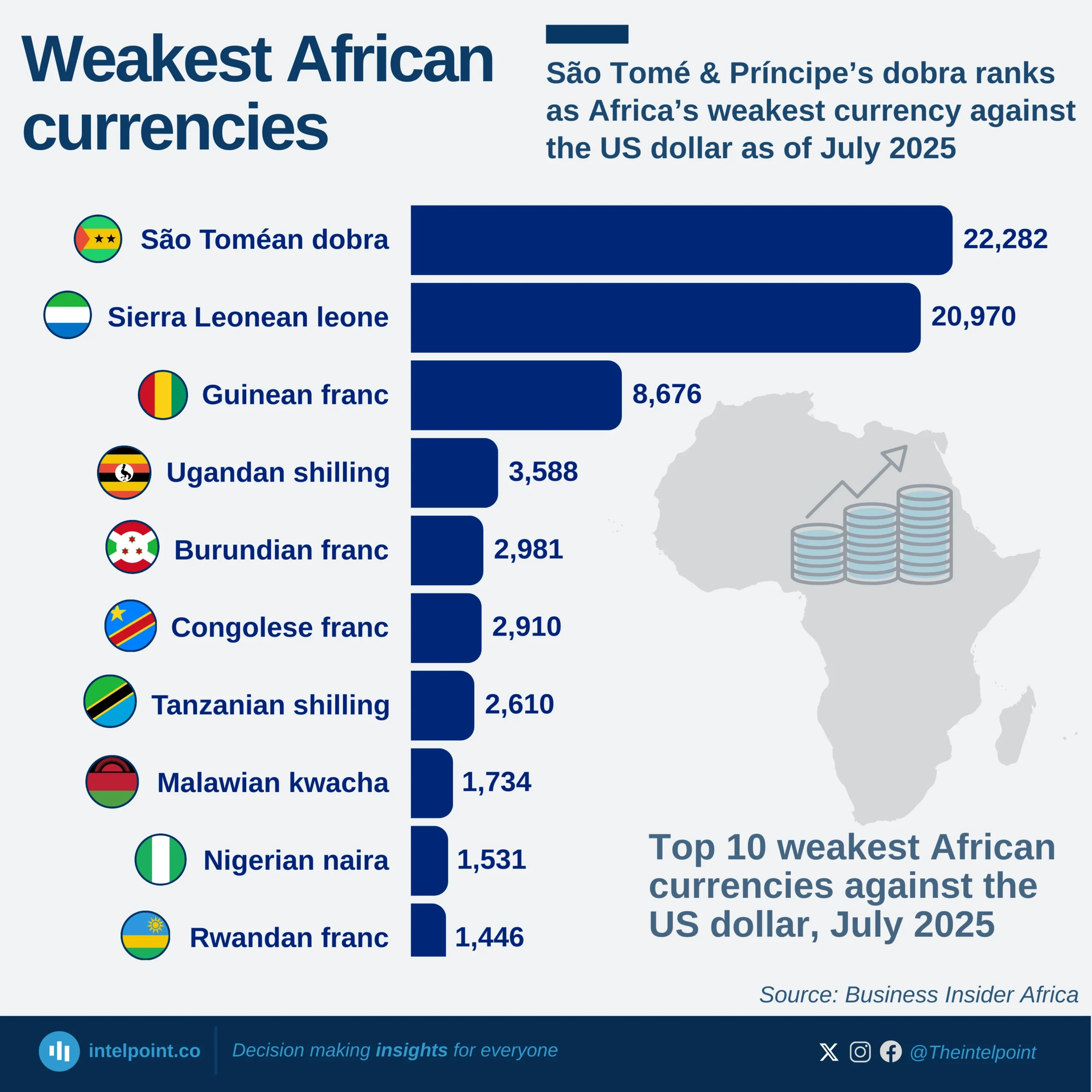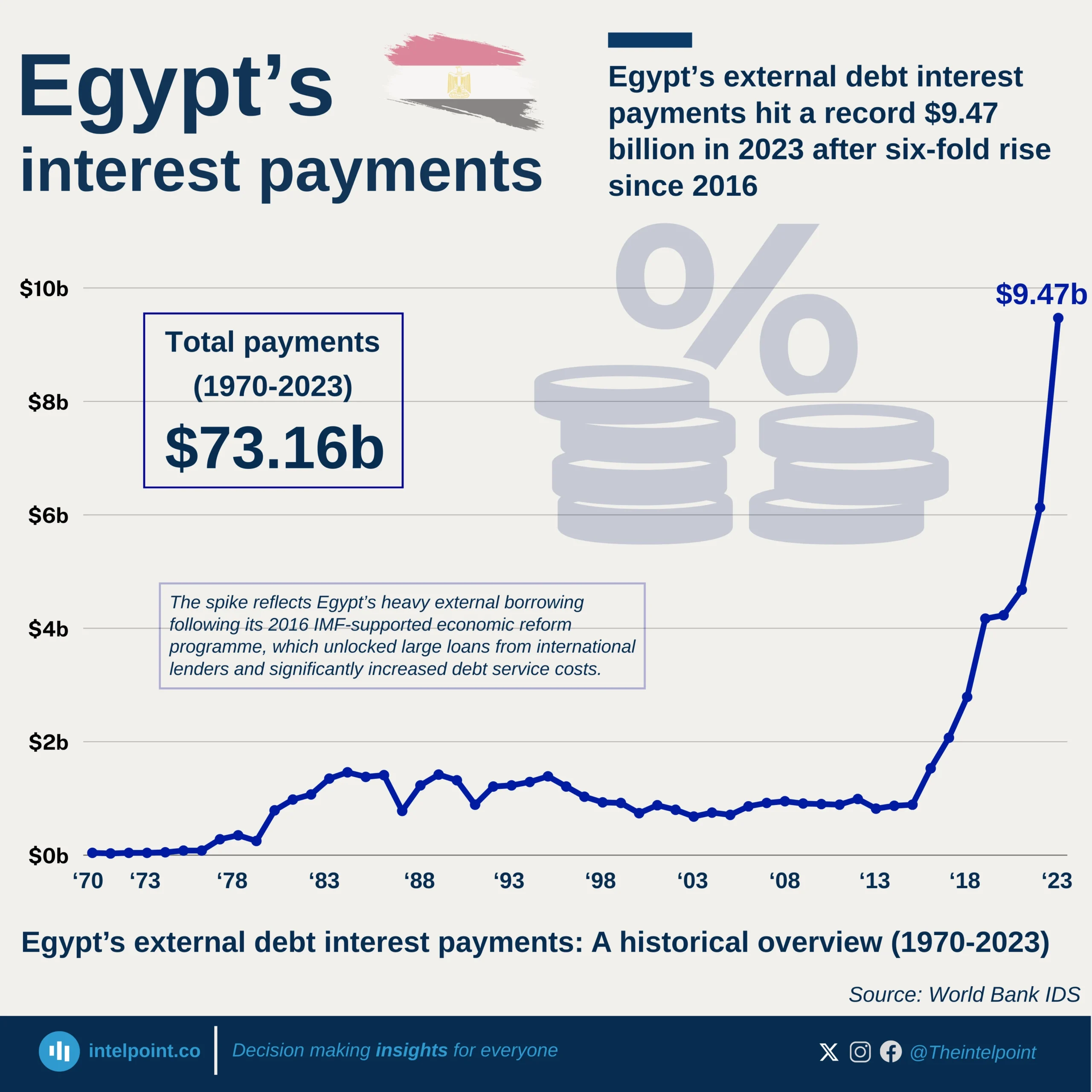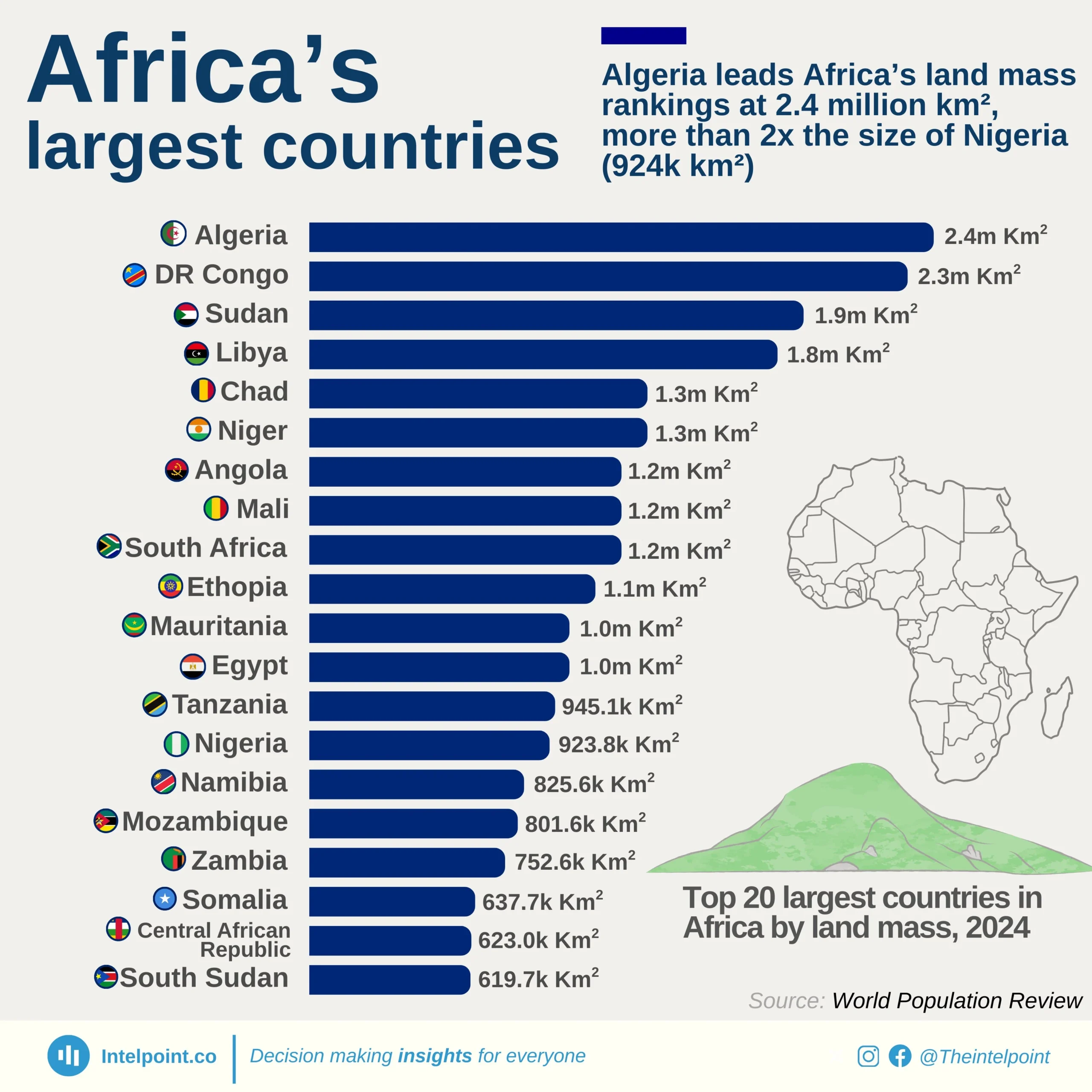Nigeria’s capital market is dominated by one sector: Financial Services. Out of the 147 listed companies on the Nigerian Exchange as of 2025, 44 belong to the financial services space, making up nearly 30% of all listings. This makes financial services the clear backbone of Nigeria’s public market structure. Whether it's banks, holding companies, or fintechs, financial players have taken full advantage of listing opportunities to expand capital, visibility, and investor confidence.
This dominance is not just numerical—it also reflects how vital financial intermediation is to the Nigerian economy. In an environment where access to capital can make or break businesses, listed financial companies serve as both funding hubs and economic barometers. The prevalence of financial firms on the NGX mirrors the structure of Nigeria’s economy, where formal credit, digital finance, and capital market activity continue to grow despite macroeconomic headwinds.
Interestingly, Consumer Goods and Services are tied in second place with 20 companies each, less than half the number in Financial Services. Other sectors like Industrial Goods (13), Construction/Real Estate (10), and ICT (8) also show signs of healthy activity but still lag behind significantly.
